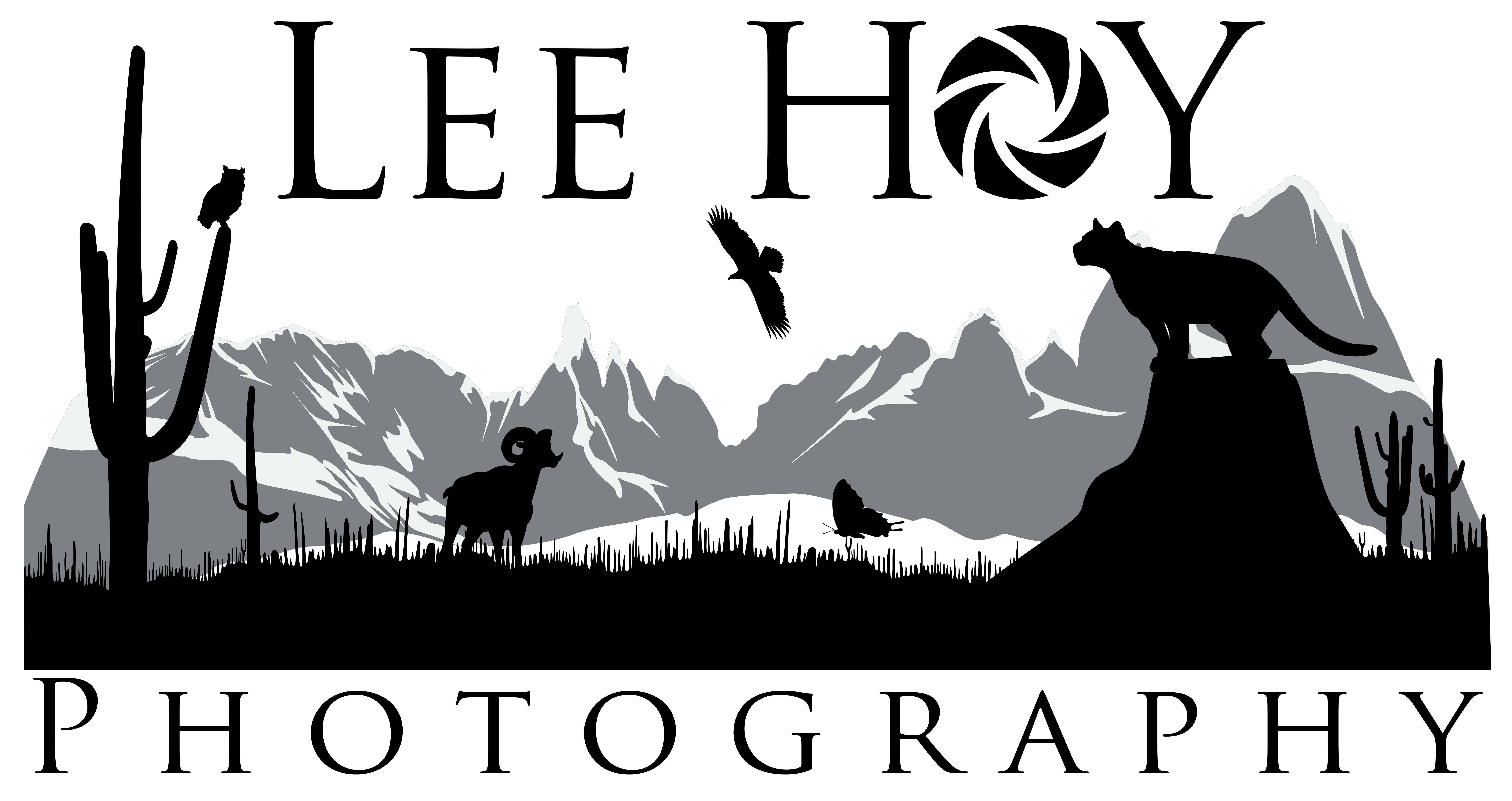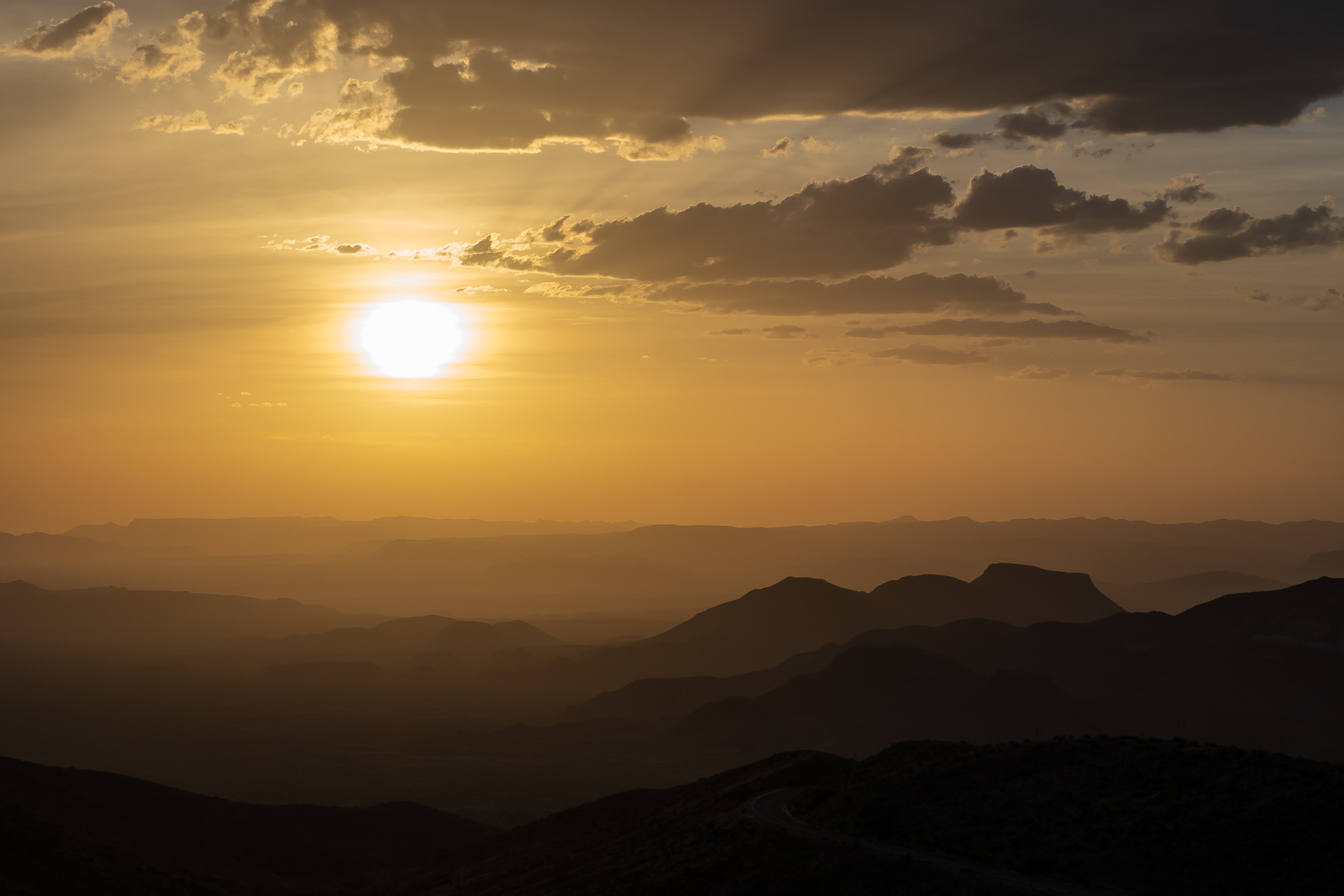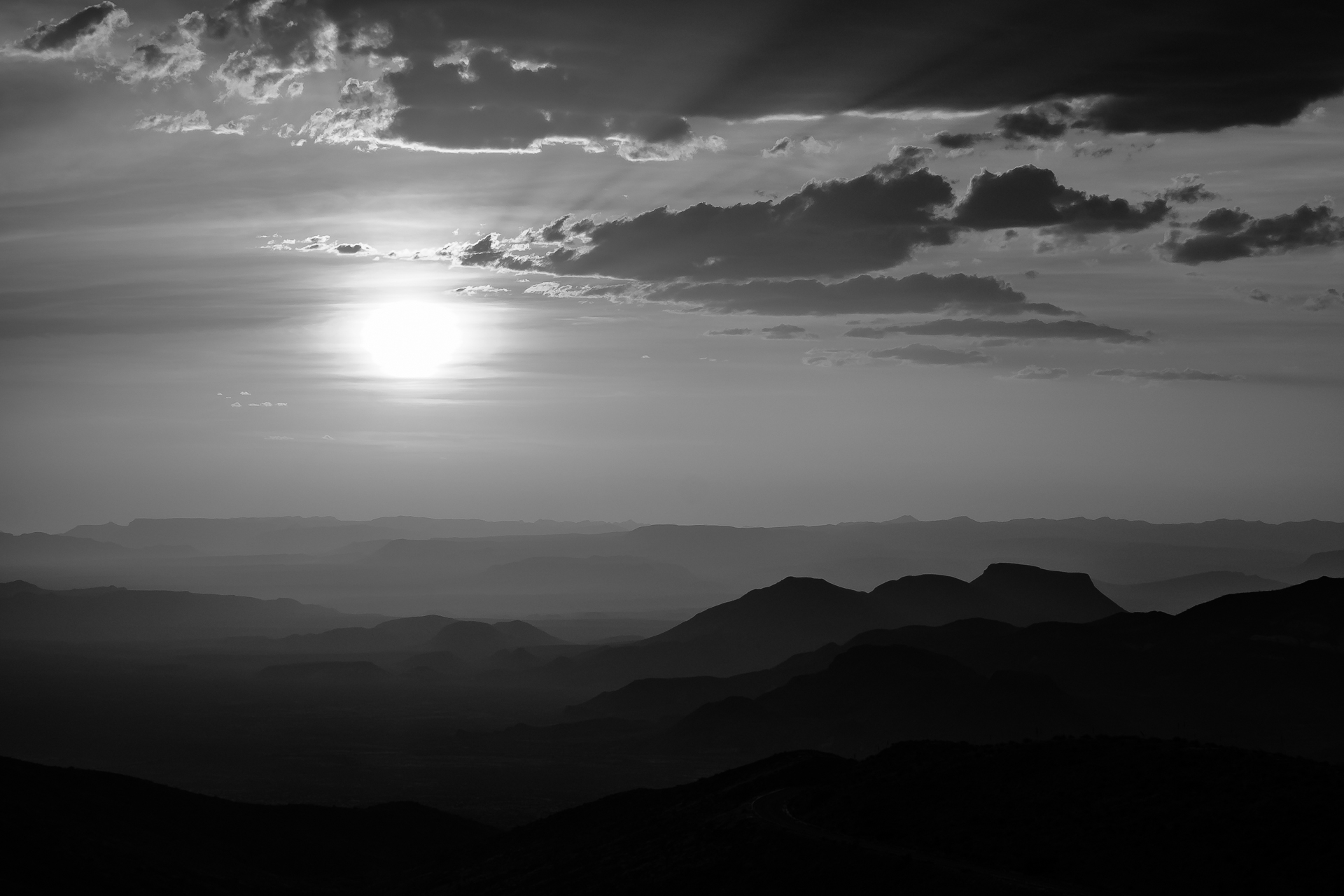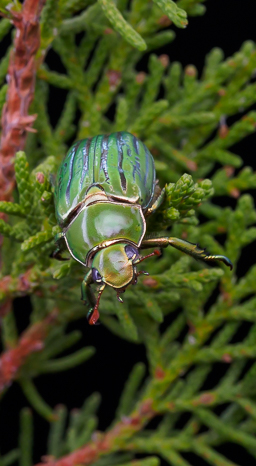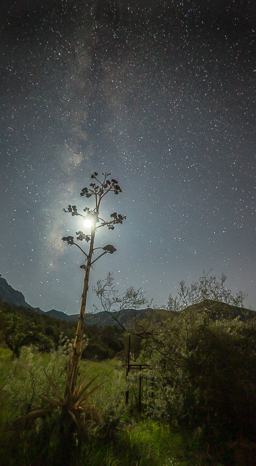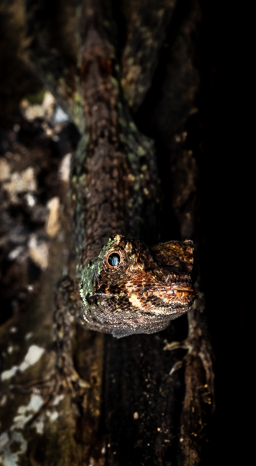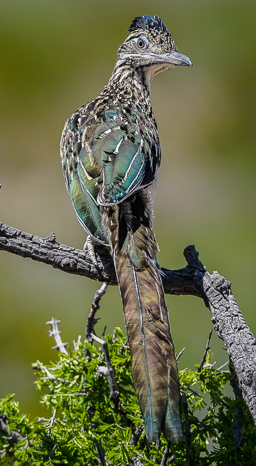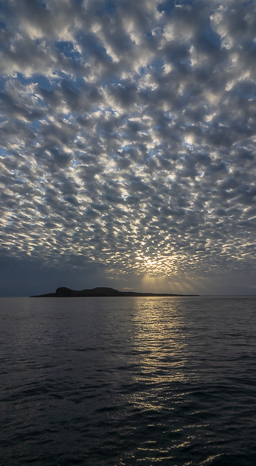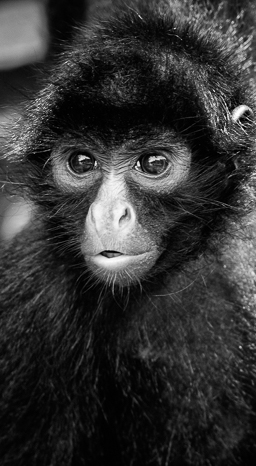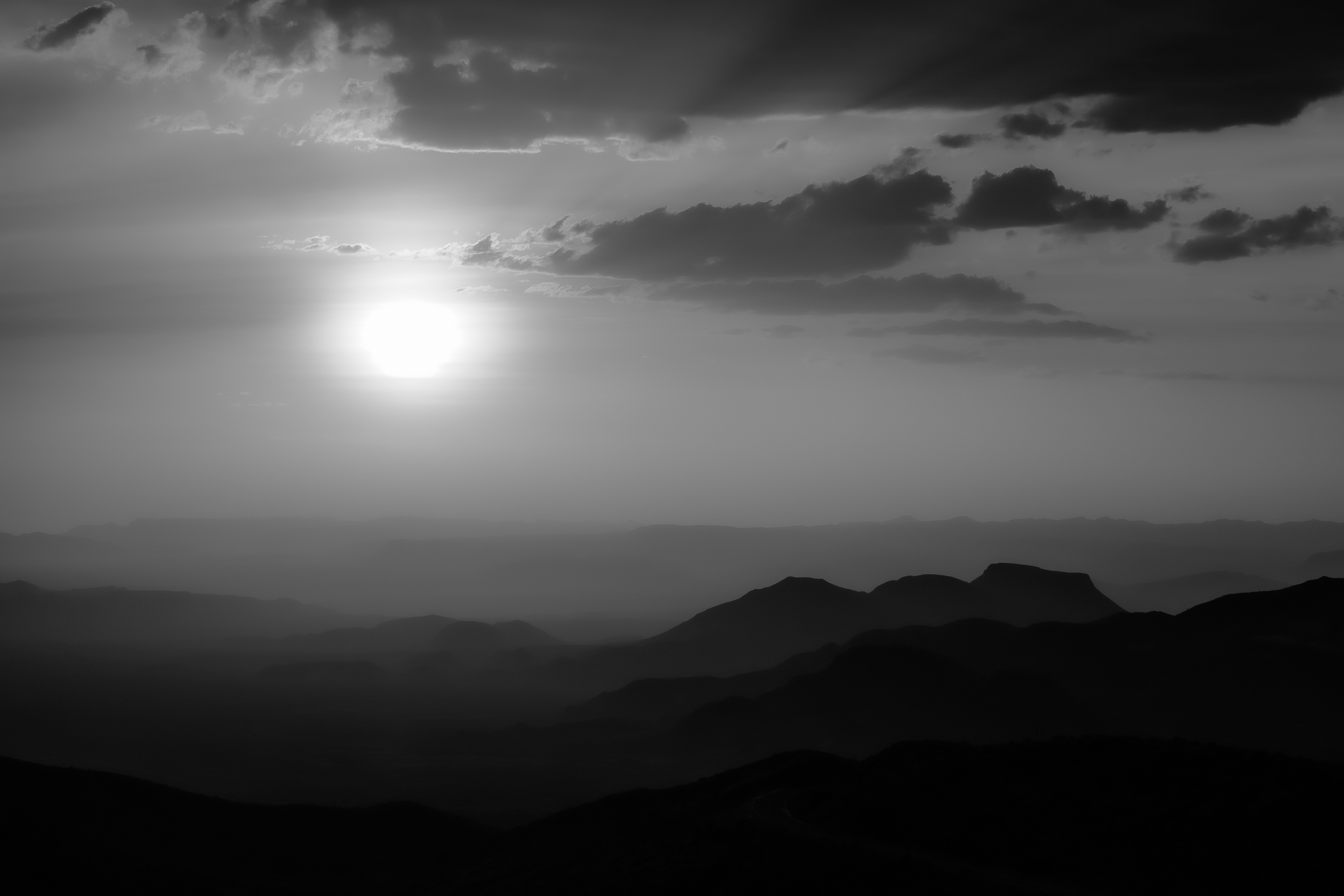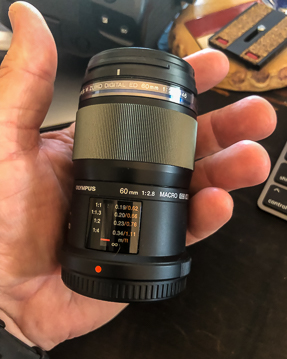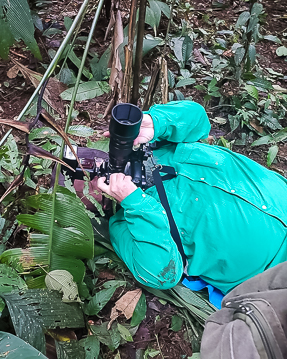Top Ten Reasons I Love Shooting
with the OM System
Reason #1 - Image Stabilization is the Best Among ANY Camera
The Olympus OM-D E-M1x is capable of up to 7.5 stops of image stabilization! This is a hand-holding game changer when it comes to portability. For most images, I do not need my tripods nearly as frequently as I did using full frame cameras. It helps me shoot more often in very low light and still capture outstanding images. I love the confidence I have that I can now shoot at much lower shutter speeds than ever before and still end up with tack sharp images.
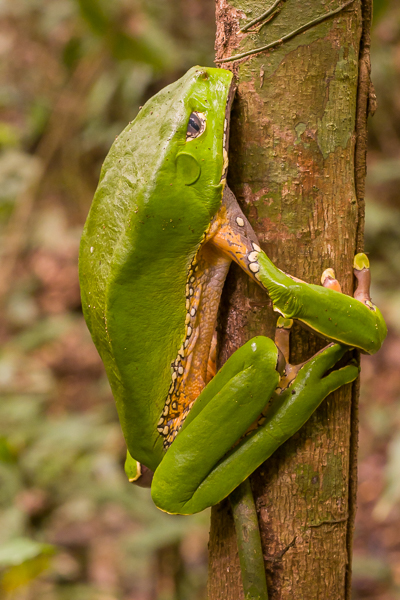
Amazon Jungle – Peru
1/15 @ f/10, ISO 1600
Handheld
Focal Length = 120mm
Reason #2 - Pro Capture Mode Allows Me to Capture Images I Would Have Never Captured Before
Have you ever seen a certain event or spectacle in nature and thought, it would be so nice to be able to capture that in an image. Olympus’ Pro Capture Mode is just the answer for many such spectacles. One fairly recent example was on the September 2019 Wildside Nature Tours Galapagos Photography Adventure during which I served as co-leader on the workshop. You may or may not be aware that the Marine Iguanas found on the islands ingest significantly higher levels of salt than the body needs when they forage under water in the surrounding salt water. To eliminate this excess salt they will sneeze it out, but trying to photograph this is quite a challenge, at least, it was. With Pro Capture Mode, when you 1/2 press the shutter button, the Olympus OM-D E-M1x will begin to record a specific number of images in the buffer (the number is definable) and then when you see the actin and fully press the shutter button, it records the images in buffer and for however long you hold the shutter button down (this is at 60fps or 30fps!) or until it hits the limit of images it will record in one press which is also a definable number.
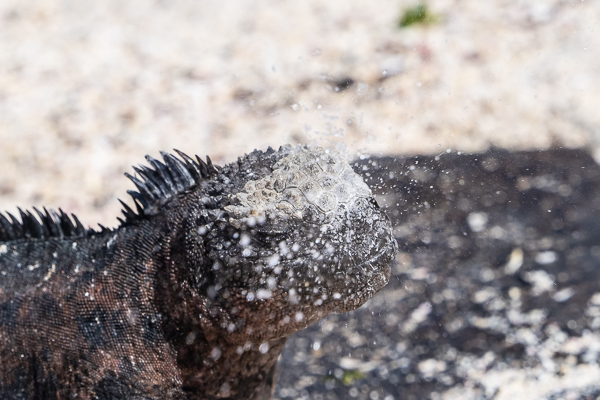
Olympus OM-D E-M1x
Olympus M. Zuiko 40-150mm f/2.8 + MC-20 @ 150mm
1/2000 @ f/8.0, ISO 800
Pro Capture High Mode
Reason #3 - The 120 frames per second (fps) Electronic Viewfinder Allows me to Track Subjects as Well or Better than an Optical Viewfinder
Prior to discovering the Olympus OM-D E-m1x, I had looked through a wide variety of electronic viewfinders (EVF) on various mirrorless cameras. All of them had resulted in being very disappointed because I didn’t feel any of them were capable of providing the necessary feedback in a timely manner for wildlife photography. When I first looked through the EVF of the Olympus, I recognized immediately that it was very different. At a frame rate of 120fps you see everything as it is happening and tracking birds in flight has never been easier PLUS I get live histograms and highlight alerts to boot!
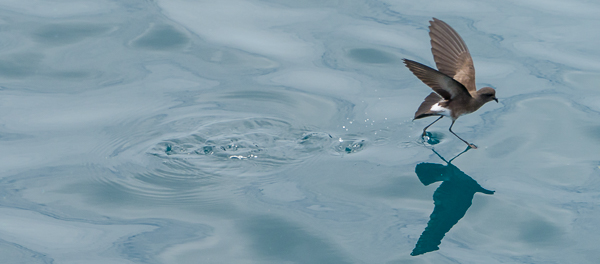
Galapagos Islands
Olympus OM-D E-M1x
Olympus M. Zuiko 40-150mm f/2.8 + MC-20 (@150mm)
1/1250 @ f/7.1, ISO 800
Reason #4 - The Ergonomics of this Camera Body are Outstanding
All you need to know is that the ergonomics on the Olympus OM-D E-M1x was done by a designer of medical equipment in the Olympus company. This camera body fits like a glove. I can easily reach every button, the joystick, the dials, and all other controls easily. It fits naturally in the palm of my hand and my finger grip feels so perfect. If you are looking to move from a full frame camera system to the Olympus OM-D you all not believe how much easier this camera is to hold and hold steady!
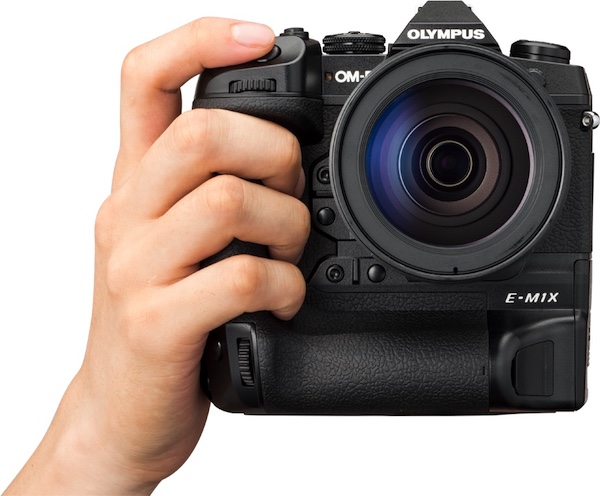
Reason #5 - High Resolution Mode (Tripod or Handheld)
If for whatever reason the normal 20MP image size isn’t sufficient, Olympus features the High Resolution Mode! This feature give me the chance to shoot a handheld 50MP image or a tripod-mounted 80MP image. I have taken many High Res Mode, long lens, handheld, panoramic images using this feature. It produces some very large and extremely nice panos!
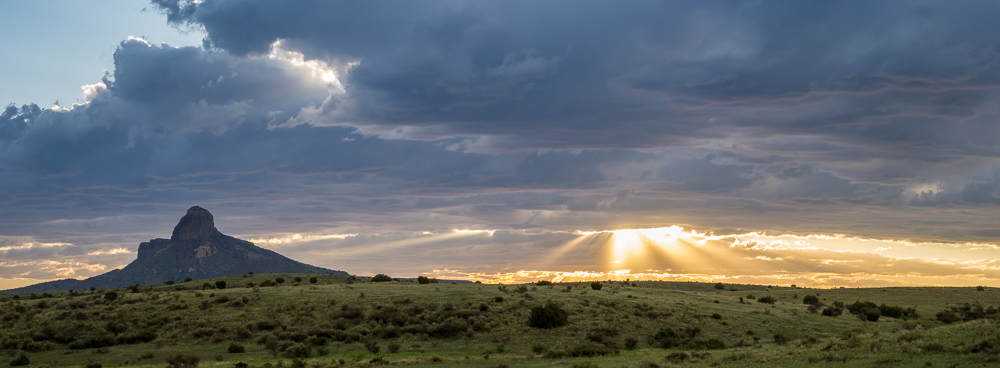
3 Image Panoramic
Olympus OM-D
Olympus M. Zuiko 40-150mm f/2.8 PRO @ 40mm
1/160 @ f/8.0, ISO 400
Reason #6 - This is the most Splashproof, Dustproof, and Freezeproof Camera Body on the Market
Video Coming Soon!
Reason #7 - The Live Composition Mode will Blow Your Mind when Shooting Long Exposures
The Live Composite Mode is unlike anything you have ever seen in a camera. Imagine starting with a base exposure (which you control) and then being able to expose continuously for up to three (3) hours and the camera ONLY recording pixel information that is brighter than the prior exposure. This makes star trails. car light trails, and so much more a true delight because you can actually watch the image develop over time on the rear LCD screen!
This image is a star trail shot from my front deck with the McDonald Observatory in the background of this image with Polars (the smallest point of light in upper left of image, an iridium flare in the upper right and the Davis Mountains in the foreground.
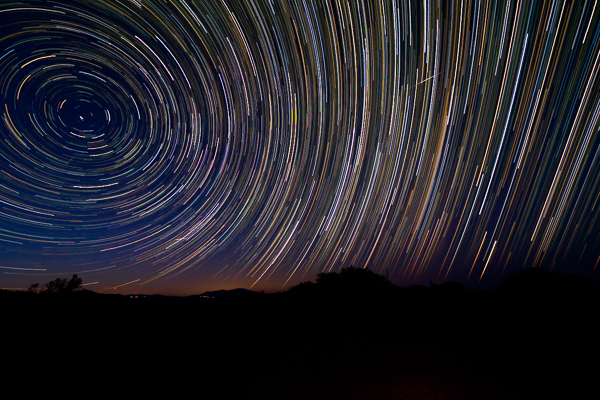
Live Composition Mode
Base Exposure – 20’s @ f/2.8, ISO 800
540 Total Images Over 3 Hours of Time
Reason #8 - The Reliability and Customization of the Autofocus System is Excellent
Olympus has created a very customizable and user friendly autofocus system which addresses a variety of autofocus situations and needs. As a wildlife and night sky photographer, the ability to focus in low light is excellent and if the electronic viewfinder gets too dark, you can always use the Live View Boost or the Optical Viewfinder simulator. With the release of the Olympus OM-D E-M1 Mark III, the new starry sky autofocus allows the camera to focus on stars! So no more guessing on nighttime star focus! The are actually six (6) different autofocus modes varying from all points to one small and then you can create four (4) custom autofocus modes! When focus is critical, Olympus comes through as in this macro shot of a Poecilocloeus species of grasshopper from the Peruvian Amazon River basin.
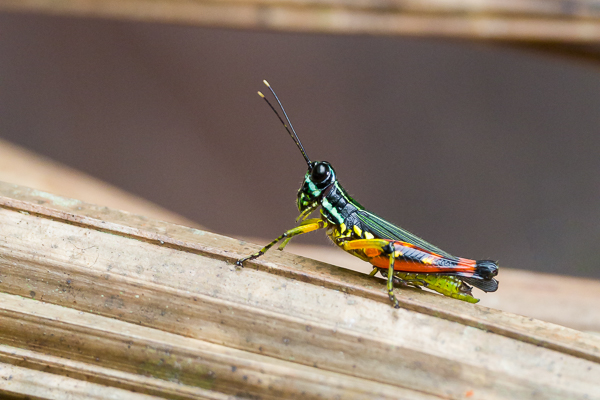
Olympus M. Zuiko 300mm f/4.0 + MC-14
1/640 @ f/5.6, ISO 1600
Handheld
Reason #9 - The Customization of Buttons, Switches, and Levers is Extensive
One of the major surprises I found was how easy it is to program so many different levers, buttons, and dials to function exactly how you would like them to AND you can program them different for each custom function on the dial! This allows me to create C1 for wildlife, C2 for landscape, C3 for macro, and C4 for high speed flash photography. I don’t use exposure compensation as I shoot in manual mode 100% of the time, so the button on top typically used for exposure compensation has now been programmed for the zoom focus function allow me to precisely focus in unique situtaions. In the image below, while lying on my back in mud, looking up into a dark termite mound, trying to hold a flashlight for illumination, you have to have easy access to your controls and have enough so you don’t have to keep stopping and looking at the back of the LCD screen!
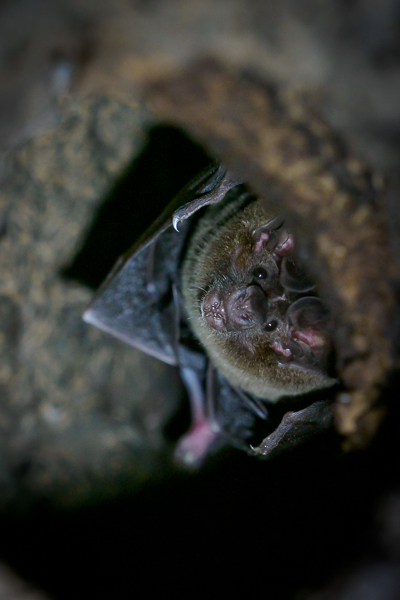
Olympus OM-D E-M1x
Olympus M. Zuiko 40-150mm f/2.8 PRO + MC-20 @ 150mm
1/125 @ f/8.0, ISO 3200
Handheld, Lying on Back, Using Flashlight as Illumination
Reason #10 - The Built-In Live Neutral Density Filter is a Game Changer
Let’s just get real honest for a minute, how many times have you known a situation called for a neutral density filter, but rather than mess with all that, you just chose to not take the image and move on? I will say here that the Wine Country Camera filter system makes working with filters so much easier!
Well, Olympus has really jumped out ahead on this issue and the E-M1x and E-M1 III each have an internal live neutral density filter function! Yep, I kid you not! These functions have really changed the opportunity to shoot in certain situations.

Olympus OM-D E-M1x
Olympus M. Zuiko 12-40mm f/2.8 PRO @ 38mm
5.0’s @ f/18, ISO 800
Tripod Mounted, Live Neutral Density Filter
